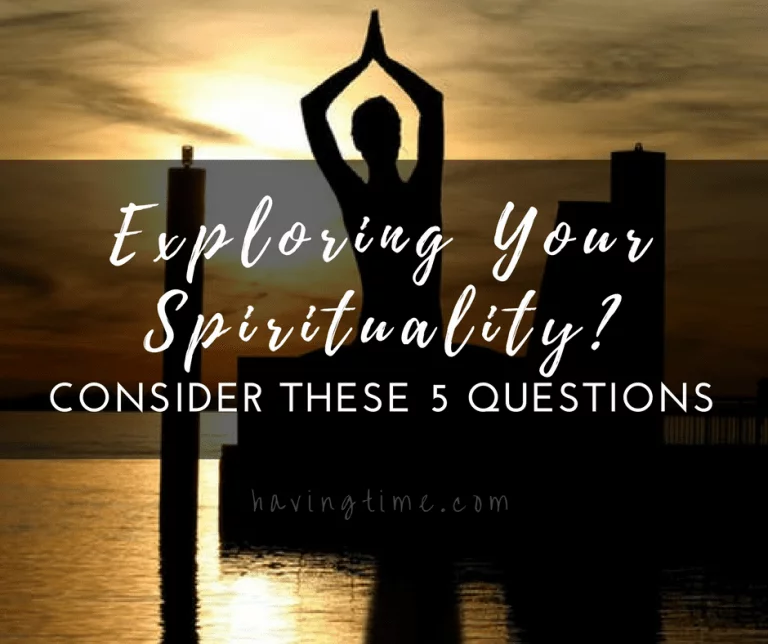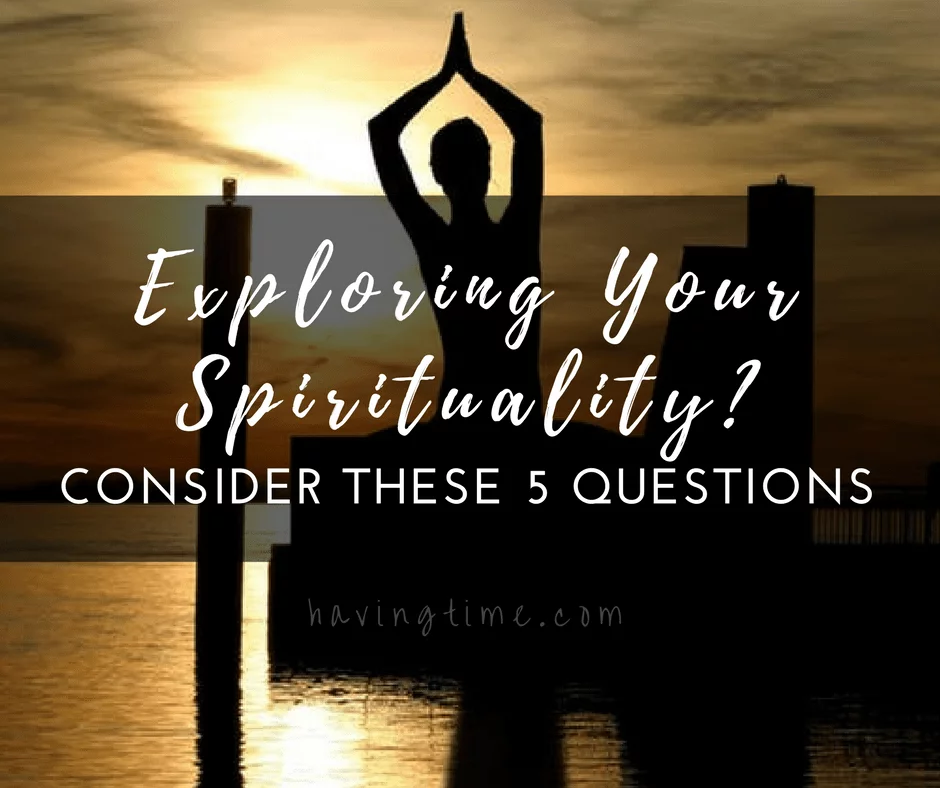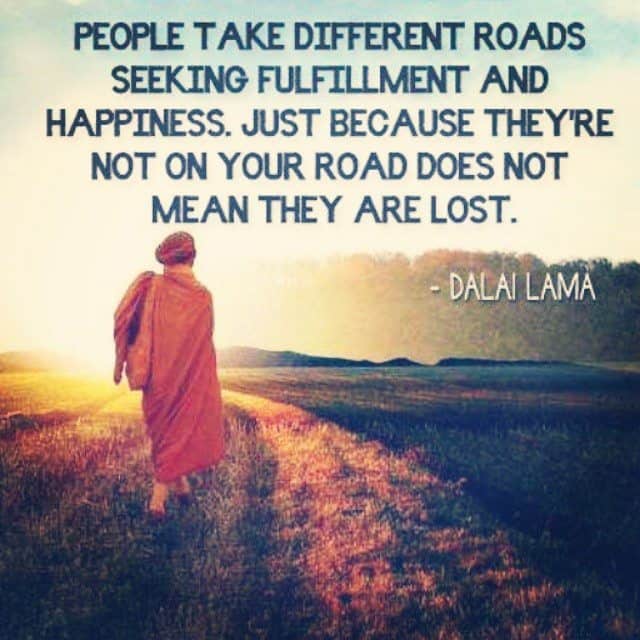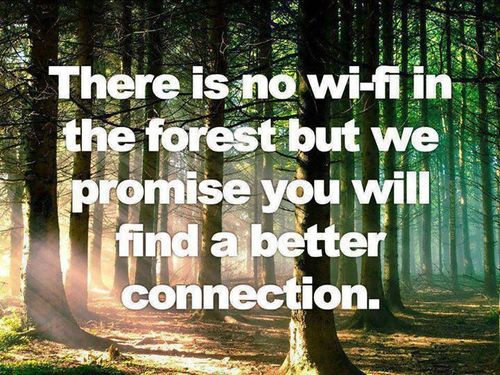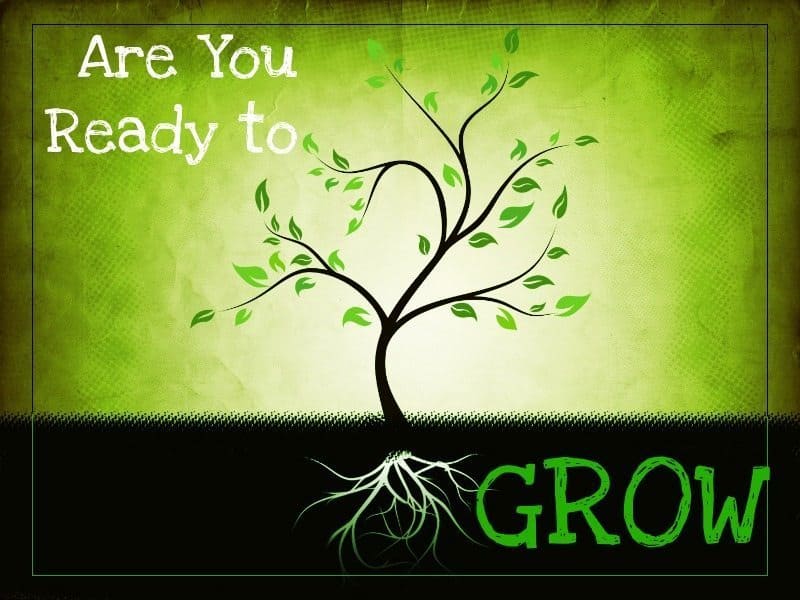You have to grow from the inside out. None can teach you, none can make you spiritual.
There is no other teacher but your own soul. – Swami Vivekananda
Question 1: Where do you fall in the social spectrum of beliefs and practices:
- Religious
- Non-religious
- Unsure
- Prefer not to label my beliefs
- Still Processing
I differentiate between religion and spirituality, not because I think everyone should choose one over the other, but because I think each of us should be clear about what our intentions are. Because when we’re clear about our intentions, we give ourselves permission, no matter where we fall in the spectrum of beliefs and practices, to love ourselves as we explore. Then use that permission to explore spirituality from the unique perspective of your personal experiences and needs.
In terms of oral and written records, it wasn’t until the turn of the 20th century that scholars and highly recognized holy people started making a clear distinction between spirituality and religion. Prior to that, the two were considered and referenced as the same thing, and you wouldn’t hear many people saying out loud that they were spiritual but not religious.
As you may know, people were punished, sometimes as severely as death, for not being religious, or for not saying that they were religious. One could be burned, stoned, or otherwise tortured for not falling in line with the religious practices of their community.
Today, and I can speak to the two countries I live in—America and Jamaica—many people still don’t make a distinction between the two. People still believe that in order to be spiritual, you have to be religious. And not just religious, but Christian. I personally have been turned down for speaking engagements, and budding relationships have come to a complete stop when I’ve said that I don’t subscribe to a particular religious faith.
What I do connect with deeply, though, is feelings. Emotions. And for me, the exploration of spirituality is about being able to connect with how I want to feel. And knowing how to access that feeling by tapping into my Higher Self.
Is that what spirituality is for you too? Is it about being able to feel how you want to feel? And how does your spirituality make you feel? Divinely supported, deeply rooted, watched over, loved, protected? For me, I want to feel creative and free, and I make up my own rituals in support of those feelings.
Spirituality through my lens:
Practices intended to realign your own sense of security and personal power and to strengthen your connection to your greater power. A greater power that is part of you, and you are part of it.
Question 2: What is spirituality for you?
Religion can help you discover and define spirituality for yourself. But you don’t need to be religious to develop a spiritual practice. You also don’t need to give up your religious beliefs in order to develop your own spiritual practices.
Right now, I want you to give yourself permission to explore anything and everything that might possibly connect you to what you need, spiritually.
And permission to explore, go against, question, and define for yourself, any resource, idea, person, writings, recordings, prayers or concepts that come your way.
Spirituality is basically about your personal interaction with whatever you consider being the highest, most pure form of whatever you come from.
Spirituality is about the individual, whereas religion is a specific set of beliefs and related actions that are shared among a group of people.
What’s great about focusing on creating your own spiritual practice is that you get to draw upon all sorts of resources; some may be familiar as they may contain aspects of certain religious practices. Prayer is one example of this. Prayer can be both spiritual and religious, or just spiritual. The best part is, you get to decide.
Question 3: Do you feel a spiritual connection to your religious affiliation?
Question 4: Do you consider religion and spirituality to be different? How?
Whether you say, God, Universe, Creator, Allah, Goddess or Gaia, you should be comfortable with whatever word or words represent what you want to use your spiritual practice to call upon. Give yourself that permission now.
Spiritual practices are the human being behind all these practices in the making. You might have some notions about what constitutes a spiritual practice, but YOU are the one that brings meaning to any act that you do. If you decide that your morning cup of coffee or your nightly glass of wine feels good for you and puts you in a space that makes you feel good, calm, present and grateful, then that is a ritual.
Adopting that mindset for spiritual practices is such a simple way to remove your attention from the idea that you need something else to teach you how to be spiritual. Most religions call for a sort of reliance on a deeper aligned, more practiced, holier than you person, but spirituality is all about you.
I am not a pastor or spiritual leader and I don’t claim to have a deeper access to any Higher Power than anyone else. Not that all pastors or religious people do that, but that is one aspect of religion that can cause a disconnect for some, including me.
I see my practice as a leadership of Self, guided by God. In that dynamic, my job is simply to live life with clear spiritual goals. I stay aligned with those goals by exploring ways to bring the feelings around those goals into my everyday life so I can keep a supreme focus on what matters most to me. And what matters most is a real joy, a sense of freedom, love, access to gratitude, and my self-expression.
Those are my spiritual goals; to stay mindful of, and fully aligned with those things.


